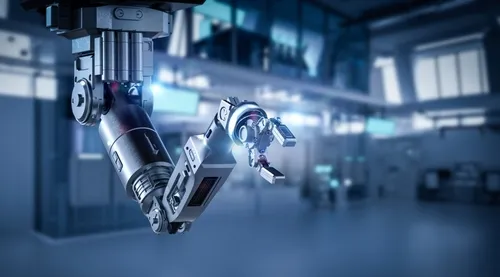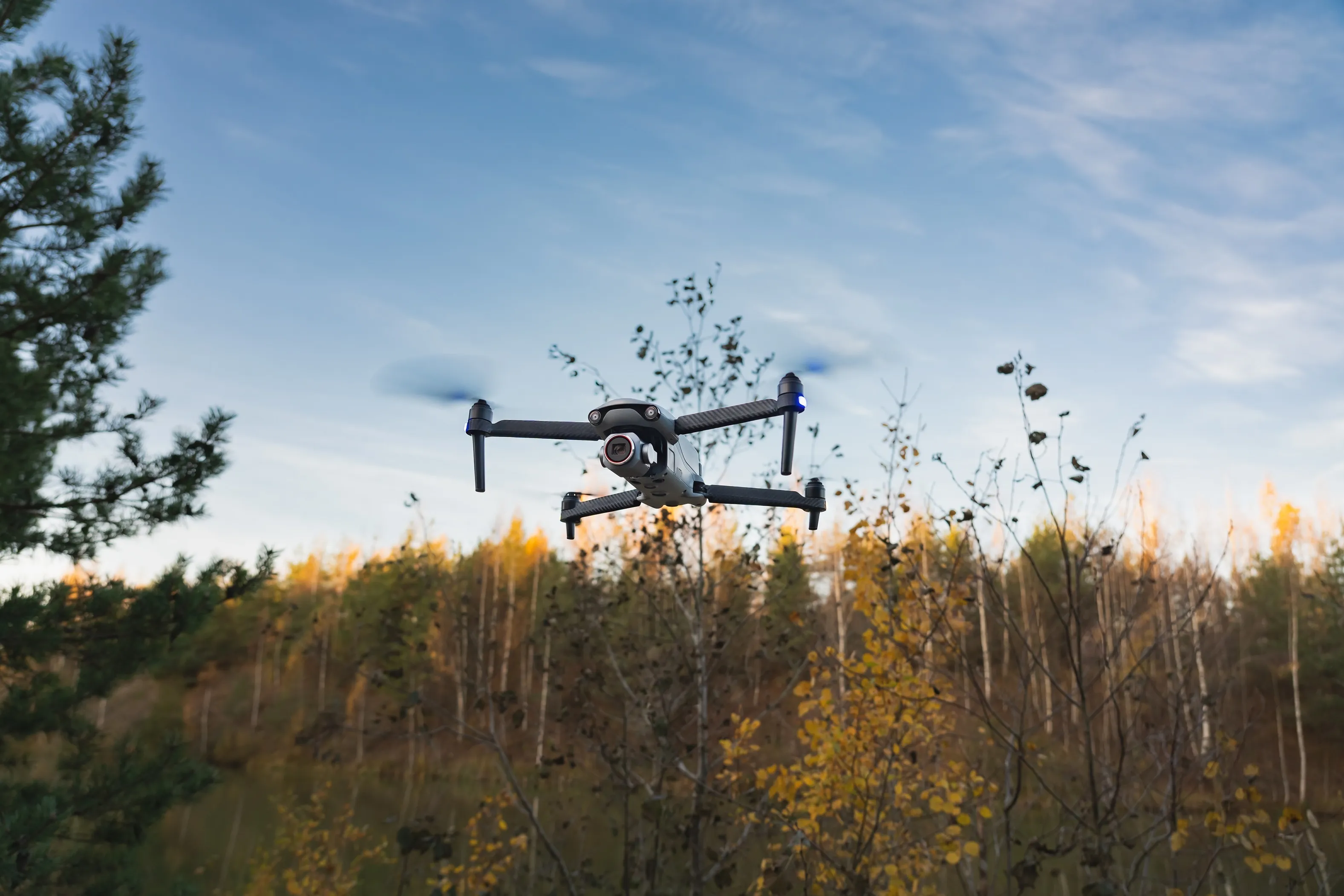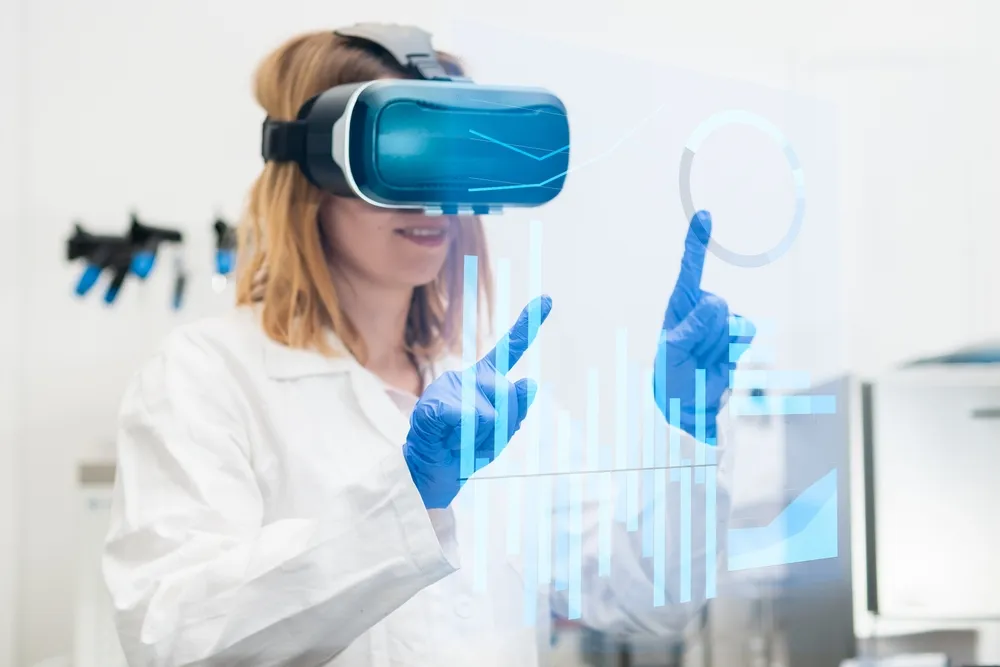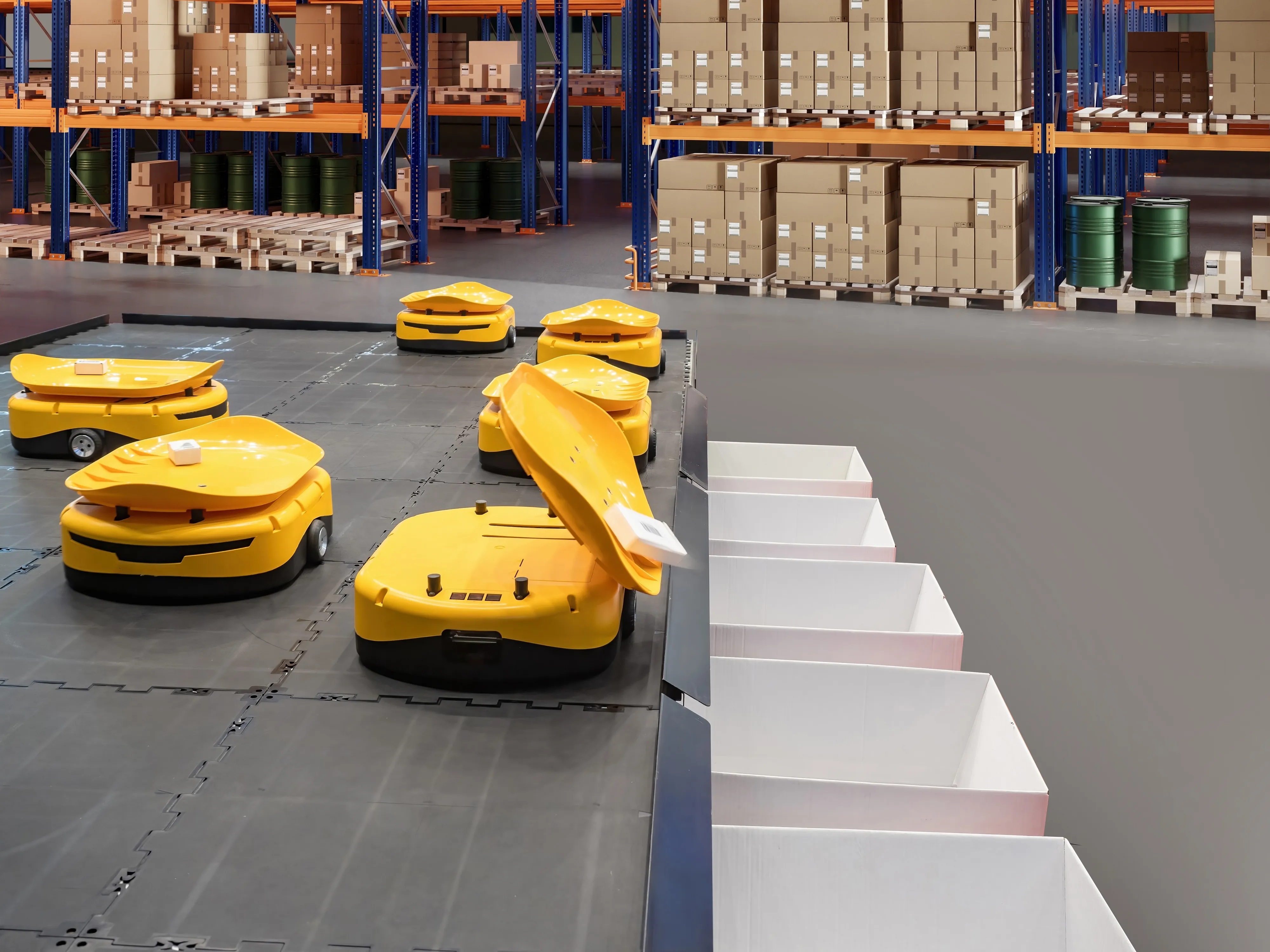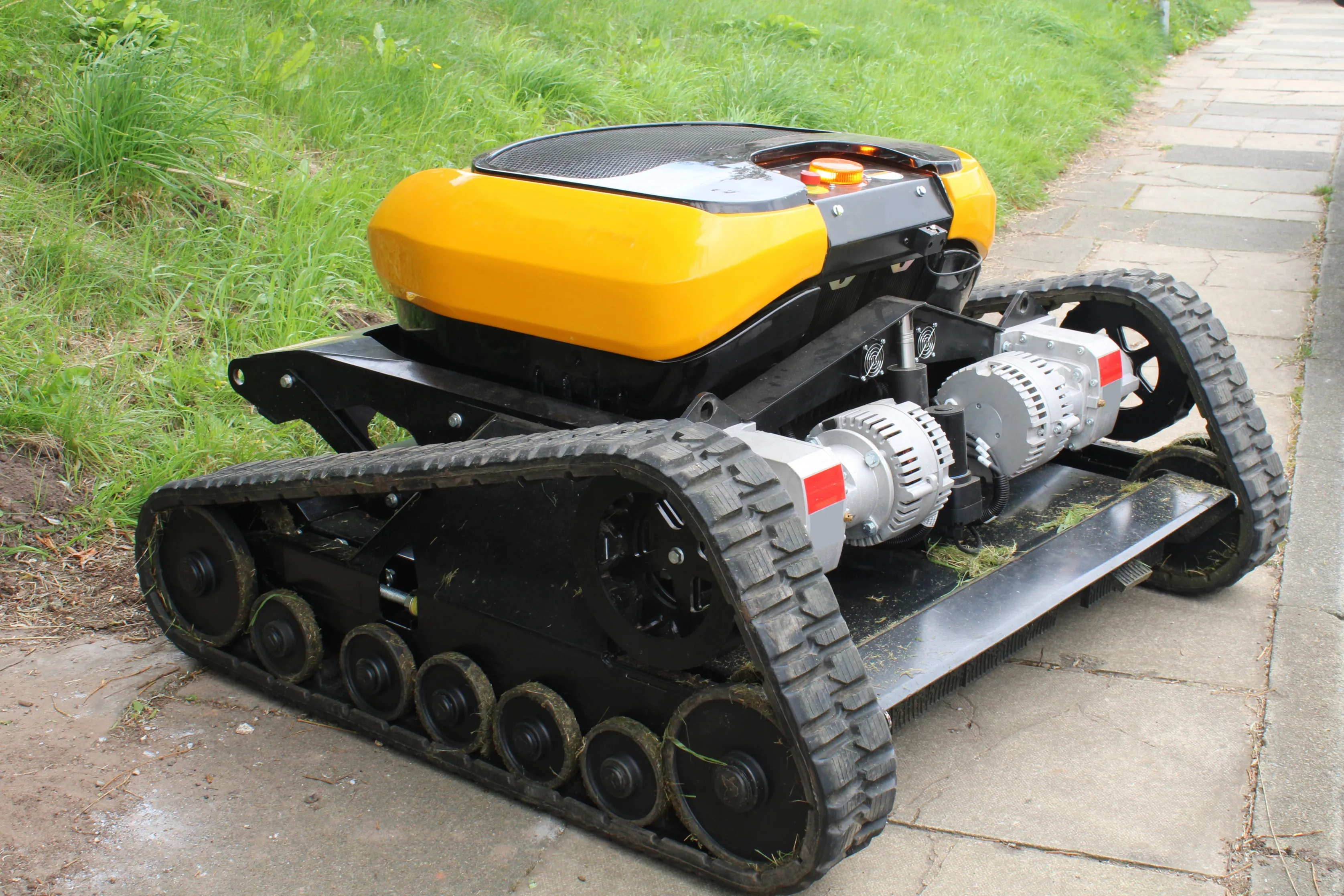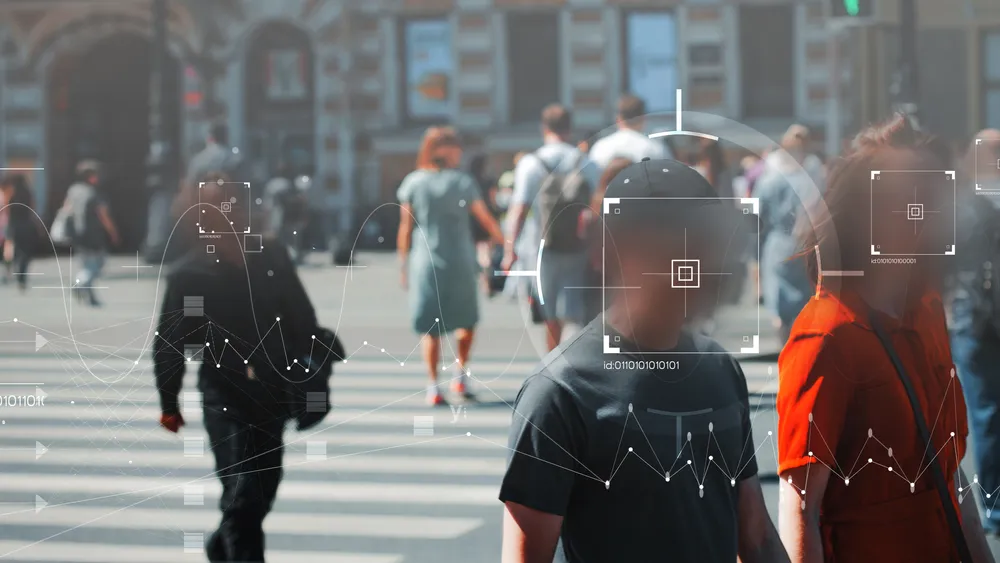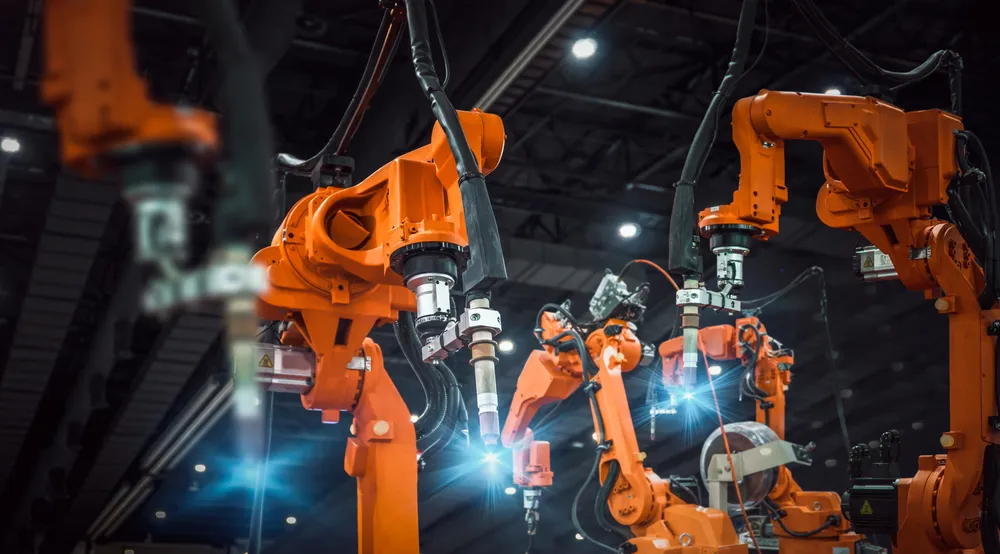Russian Scientist Predicts AI Will Forecast Epidemics by 2028
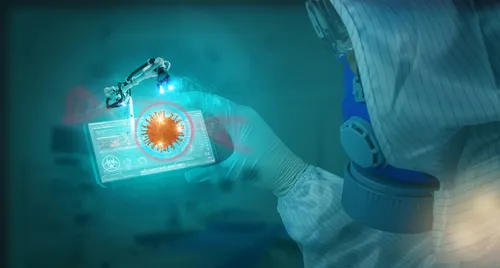
At the cutting edge of bioengineering, a Russian medical tech expert has dropped a bold claim: in just three years, artificial intelligence will be able to predict epidemics before they happen
Speaking at the St. Petersburg International Economic Forum, Pyotr Kshnyakin, deputy head of the Lab for Personal Medical Assistants at the NTI Center for Bionic Engineering in Medicine, told RIA Novosti that AI-powered epidemic forecasting is not just possible—it’s imminent.
According to Kshnyakin, this next-gen functionality could become a critical line of defense in global health, allowing medical systems to deploy preemptive measures and prevent outbreaks before they spiral. But there’s a catch: it all hinges on data. Vast, historically rich, and brutally honest data.
“The AI needs to be trained on detailed epidemiological datasets—illnesses that have claimed lives, caused suffering, and reshaped healthcare systems across centuries,” Kshnyakin said. “We’re talking about feeding the machine a global, temporal tapestry of human disease.”
And he’s not stopping there. The expert believes that within five to seven years, AI won’t just be a tool—it’ll be a core component of every field of medicine. Today’s neural networks are already diagnosing diseases and projecting cardiac failure risks with surgical precision. Tomorrow’s models? They might just outpace human doctors.
Call it machine intuition. Call it predictive diagnostics. Either way, the future of medicine is getting a neural upgrade.














